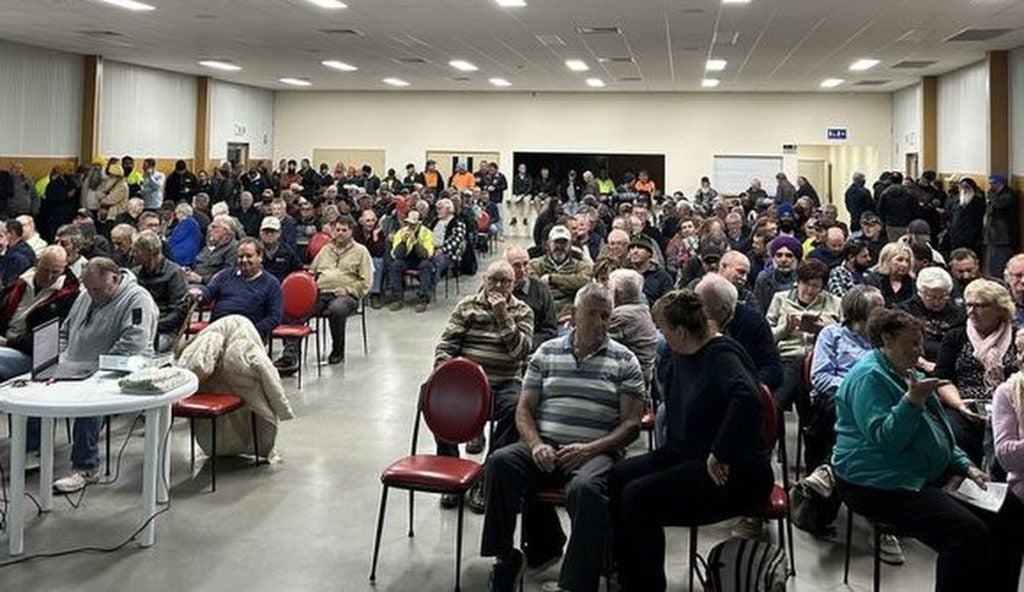
Grape growers supplying Australian drinks giant Accolade Wines have rejected a buy-out offer aimed at stemming the country’s vast wine oversupplies.
The offer, posed to the Riverland region’s CCW co-operative in April, proposed reducing Accolade’s volume requirements under what it called an “outdated and inflexible” contract.
Growers rejected the offer at the CCW’s annual general meeting on Tuesday (21 May).
The Banrock Station brand owner said it was disappointed by the decision “on a number of counts”.
“The package was the only measure put forward to date, by any party nationally, to support a difficult, but much-needed industry transition to a more sustainable footing,” a spokesperson said.
“It was also the only initiative that gave all parties some control over this process, through key terms including price, tenure, varietal mix and an optional exit package.”

US Tariffs are shifting - will you react or anticipate?
Don’t let policy changes catch you off guard. Stay proactive with real-time data and expert analysis.
By GlobalDataAccolade has purchased all grapes grown by members of the CCW for around 25 years.
Last month, it urged the organisation’s approximately 530 grower members to accept the deal, saying it was the “only option that allows CCW’s growers and Accolade to remain viable”.
“It is not realistic to expect that the industry can keep operating as if global operating conditions and demand-led influences have no impact on our respective domestic interests,” the spokesperson said today (23 May). “If there is no change, grower and winery businesses will continue to suffer.
“The outdated and inflexible structure of the current supplier agreement between CCW and Accolade Wines has caused significant damage not only to growers but also to the company over an extended period.”

Accolade said its board would now “consider the impacts of the CCW decision, and its implications”. Just Drinks has asked for more details on the winery’s next steps.
In its AGM meeting notes, the CCW said its board would “negotiate and execute a full-form new supply agreement with Accolade Wines”.
Accolade offered growers A$4,000 ($2,594) per hectare to buy out its commercial agreement and reduce its contract to 150,000 tonnes a year. Estimates put the value of grapes, at their peak, at double the A$4,000-per-hectare offer.
Proposed changes would also have meant Accolade’s contract would move from an evergreen to a ten-year rolling deal. Prices would then be set according to the ‘weighted district average’, it said.
In the 2024 harvest, completed in April, CCW’s growers supplied 127,100 tonnes of grapes to Accolade Wines’ Berri Estates winery – which it claims is the largest grape processor in the Southern Hemisphere.
In 2023, the cooperative sold A$42.3m from grape and wine sales, with a “total comprehensive income” loss of A$114,309.
Accolade’s proposals focused on red grapes, which are most impacted by oversupplies. It also offered to buy out the CCW’s ‘direct contract’ bulk-wine deal for export for A$11 per tonne.
The discussions come amid country-wide oversupplies of approximately 2.2bn litres as China’s hefty wine tariffs, inflated logistics, energy and shipping costs and declining alcohol consumption have devastated Australia’s red wine industry.
Despite renewal of trade with China earlier this year, Accolade said growth there would be too slow to salvage the “unsustainable” market value of grapes resulting from the above headwinds.



